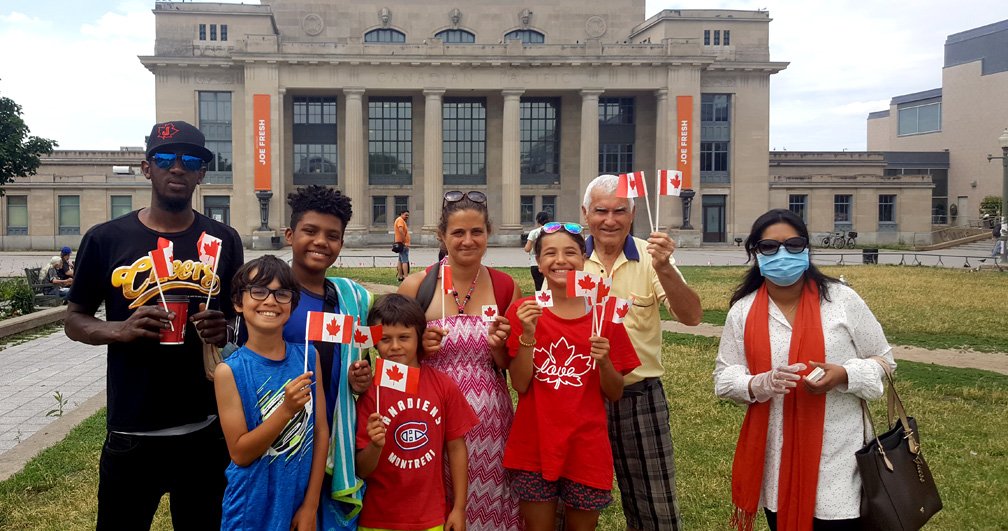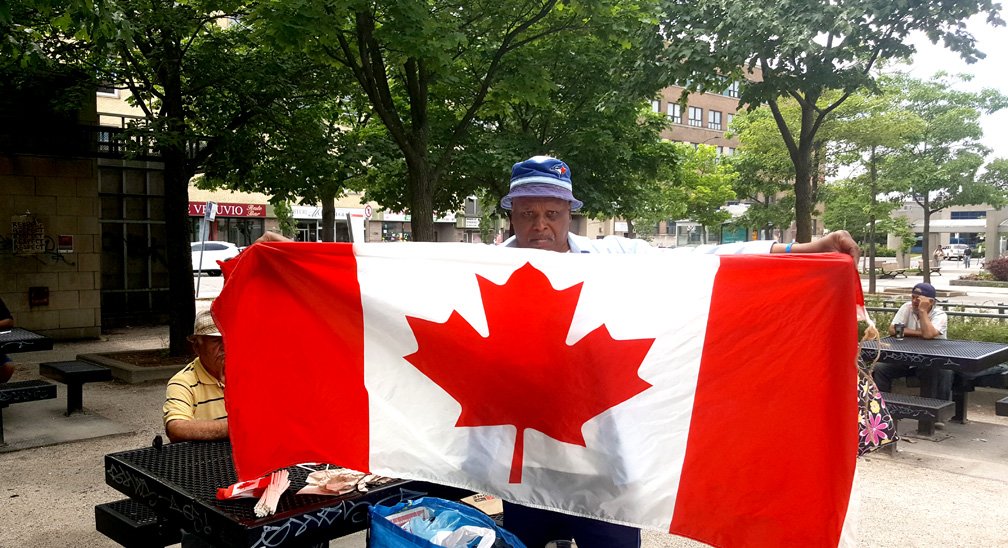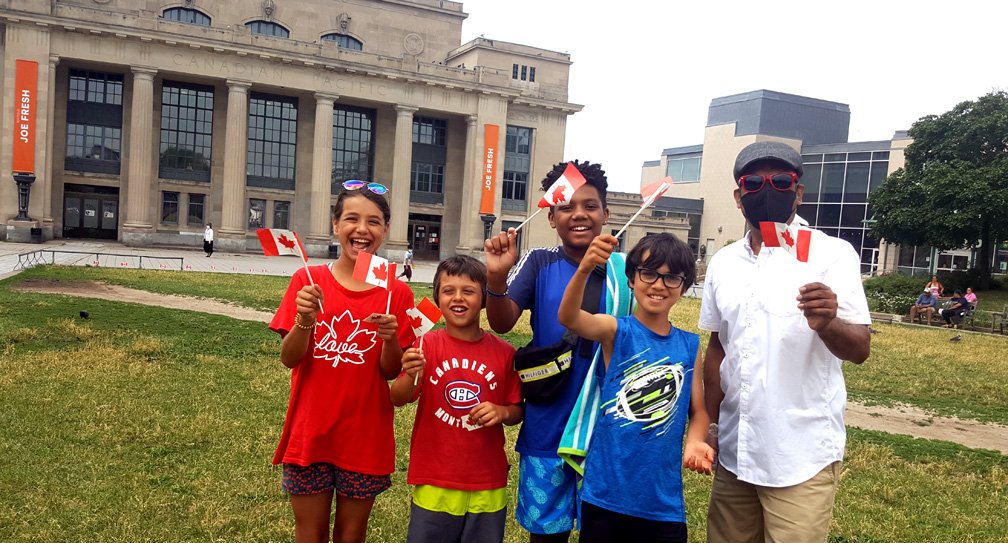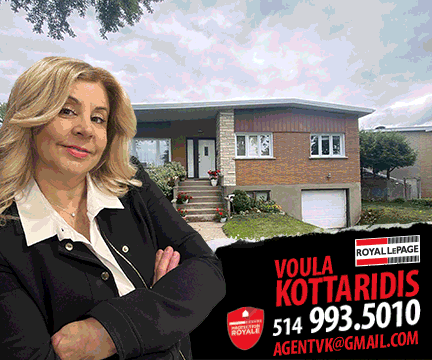How Canada’s national day was marked during a year of reflection

Canada Day is usually an occasion where Canadians from all backgrounds celebrate their country and its people’s collective achievements with barbeques, concerts and fireworks. But celebrations this year were markedly different.
Even though vaccination rates are increasing, many parts of the country are still facing the effects of the COVID-19 pandemic. Even though health restrictions are being lifted across Quebec, many are still hesitant to gather and celebrate in large numbers.
This stark reality put a damper on Canada Day celebrations across the country, with the federal government only hosting virtual celebrations and cancelling the usual Canada Day bash in Ottawa.
But with the recent uncovering of multiple mass graves of children at several former residential schools sites across the country, many Canadians were calling for the outright cancellation of all Canada Day celebrations.
Thousands rallied in downtown Montreal to protest against the celebration and called out the continued marginalization of indigenous people
Postponed celebrations
Celebrations across the neighbourhood were somewhat quiet this year. Given the COVID-19 pandemic, moving day and the questions surrounding the discoveries at residential schools, many decided to skip celebrations completely.
For the past 20 years, the National Bangladeshi-Canadian Council has hosted a large Canada Day celebration in front of the Parc Metro station. But due to current health restrictions, the organization decided to postpone festivities to Aug. 13.
The group nonetheless marked Canada’s national day in a more sober fashion, taking to the streets of Park Extension and distributing flags, stickers and stick-on tattoos to local kids.
“We all want to make Canada better than ever,”
Making kids happy
“The day went fantastic,” said Monir Hossain, president of the National Bangladeshi- Canadian Council. “It’s all for the kids,” said Hossain, adding that local children enjoyed the celebrations even though they were toned down.
The group started at Parc Metro station in front of Provigo and made their way to Howard Park. Although they were not able to host their usual event, Hossain felt it necessary to underline the holiday especially in an area like Park Ex.
In a community made up of immigrants, Hossain said that many people were celebrating for the first time. “They wave them(flags) and say ‘we’re proud, it’s the first time we had the Canadian flag,” said Hossain.
“There’s nothing better we can do than make children happy,” said Hossain.

Protest in Montreal
While some were celebrating in Park Extension, others were in Montreal’s downtown where thousands had gathered at Jeanne Mance Park to march to Place du Canada and protest against the national holiday.
Protestors were calling for the cancellation of Canada Day celebrations across the country and to instead bring attention to the country’s dark legacy of residential schools and the killings of indigenous children.
Nakuset, the director of the Native Women’s Shelter of Montreal that helped organize the march, said that they were “organizing this gathering as a space to come together, share our pain and grief, and gain strength from the wisdom of our elders.”
Demonstrators made clear their position that Canada Day was not a day for celebration but rather for mourning. Placards read “no pride in genocide” and “cancel Canada Day.”
Kamloops, B.C.
This comes after the remains of 215 children were uncovered at the site of a former residential school in Kamloops, B.C. on May 27.
This was followed by the discovery of many more unmarked graves across the country, including 751 remains found on the grounds of a former residential school in the Cowessess First Nation in Saskatchewan.
Many cities reconsidered the scope of their official Canada Day celebrations, while others, like Toronto and Victoria, cancelled them entirely.
Grand Chief Serge Otsi Simon of the Mohawk Council of Kanesatake stated that “dancing and fireworks would not only be disrespectful and a sign of a lack of remorse, but insensitive to our people and distasteful to the world.”
Immigrants and Canada Day
When asked the question on Canada Day celebrations, Hossain sympathized and recognized the suffering of indigenous people across Canada. “I feel the deepest pain,” said Hossain.
“In the country that I’m from, we’ve been through these things and we understand the pain,” added Hossain of the experience of many immigrants who have fled persecution and violence, often caused by the legacies of colonialism.
He sees it as important for new Canadians to learn about the countries dark past and continued injustices towards indigenous people. But he does not feel that this is mutually exclusive for them celebrating their new homeland.
“Imagine people coming from the Middle East region,” said Hossain of refugees fleeing conflict. “They just feel proud they’re not getting the smell of bombs anymore, killings every day,” he explained, adding this is what many immigrants were celebrating.
“We all want to make Canada better than ever,” said Hossain, adding that “especially post-COVID we want to see a different Canada.”










